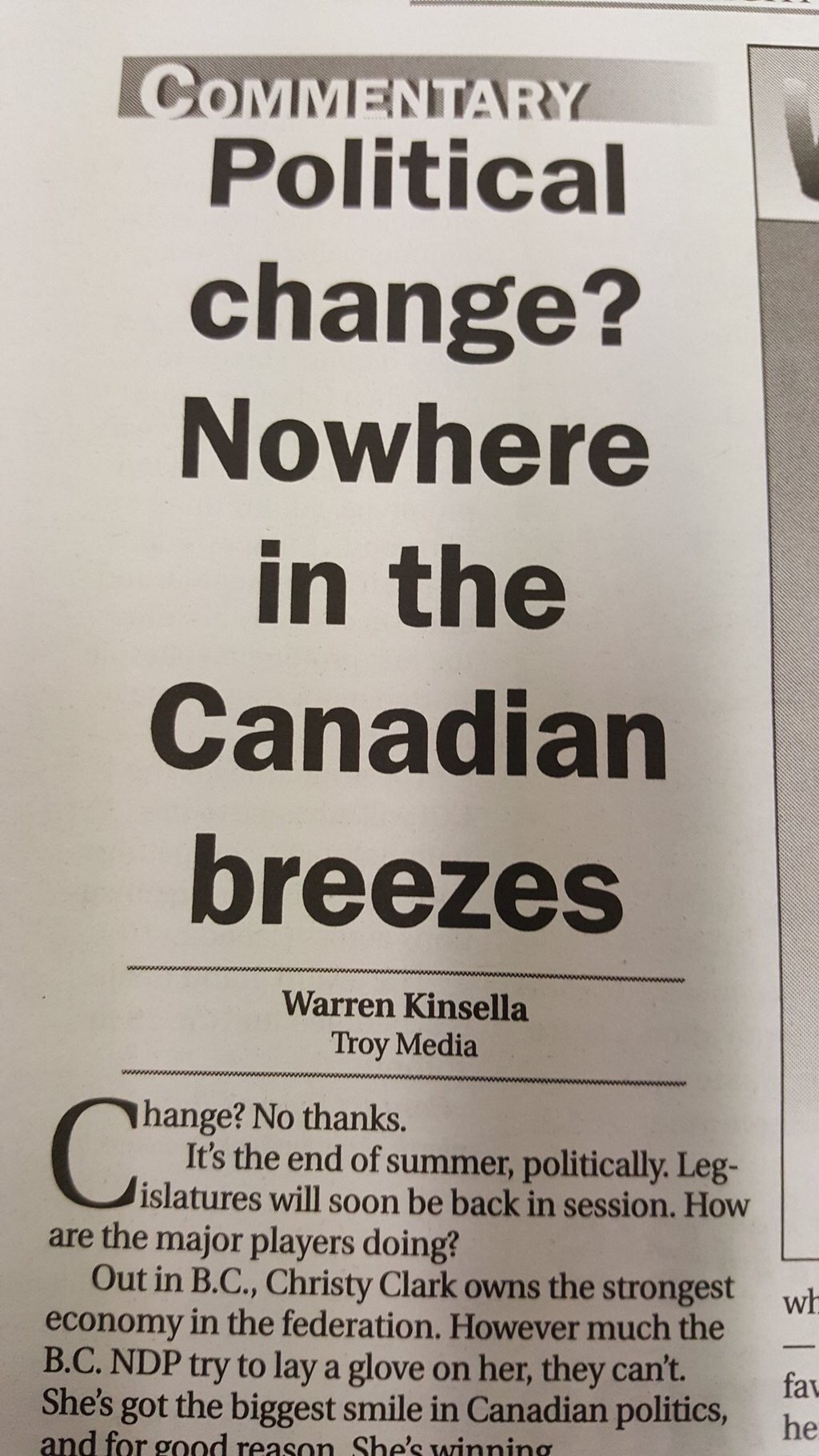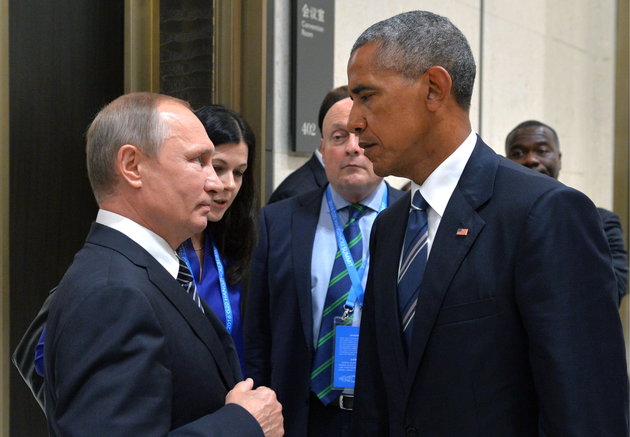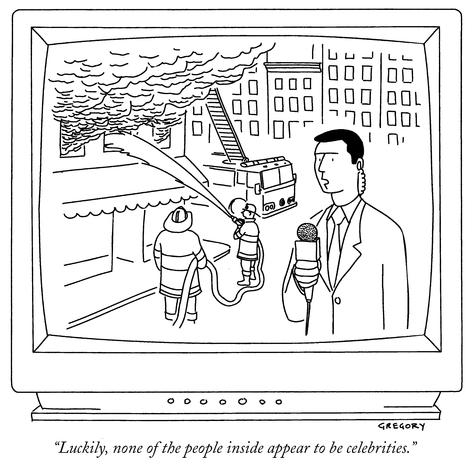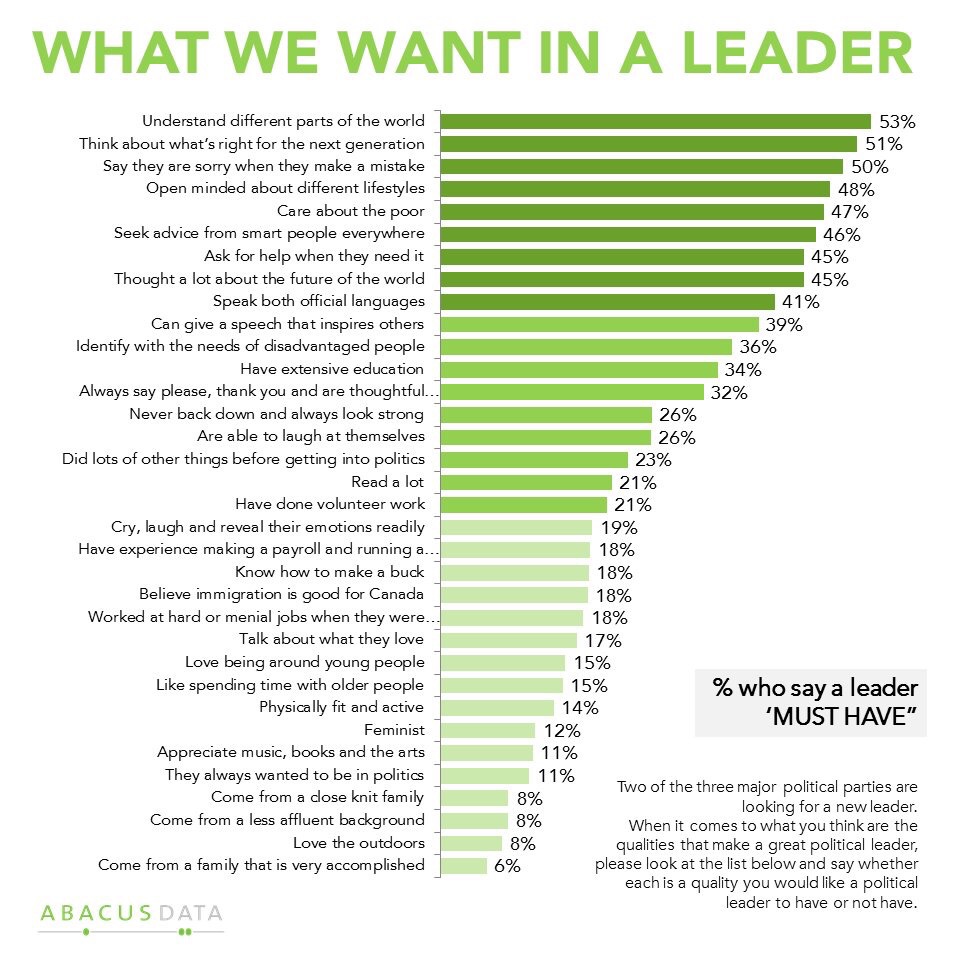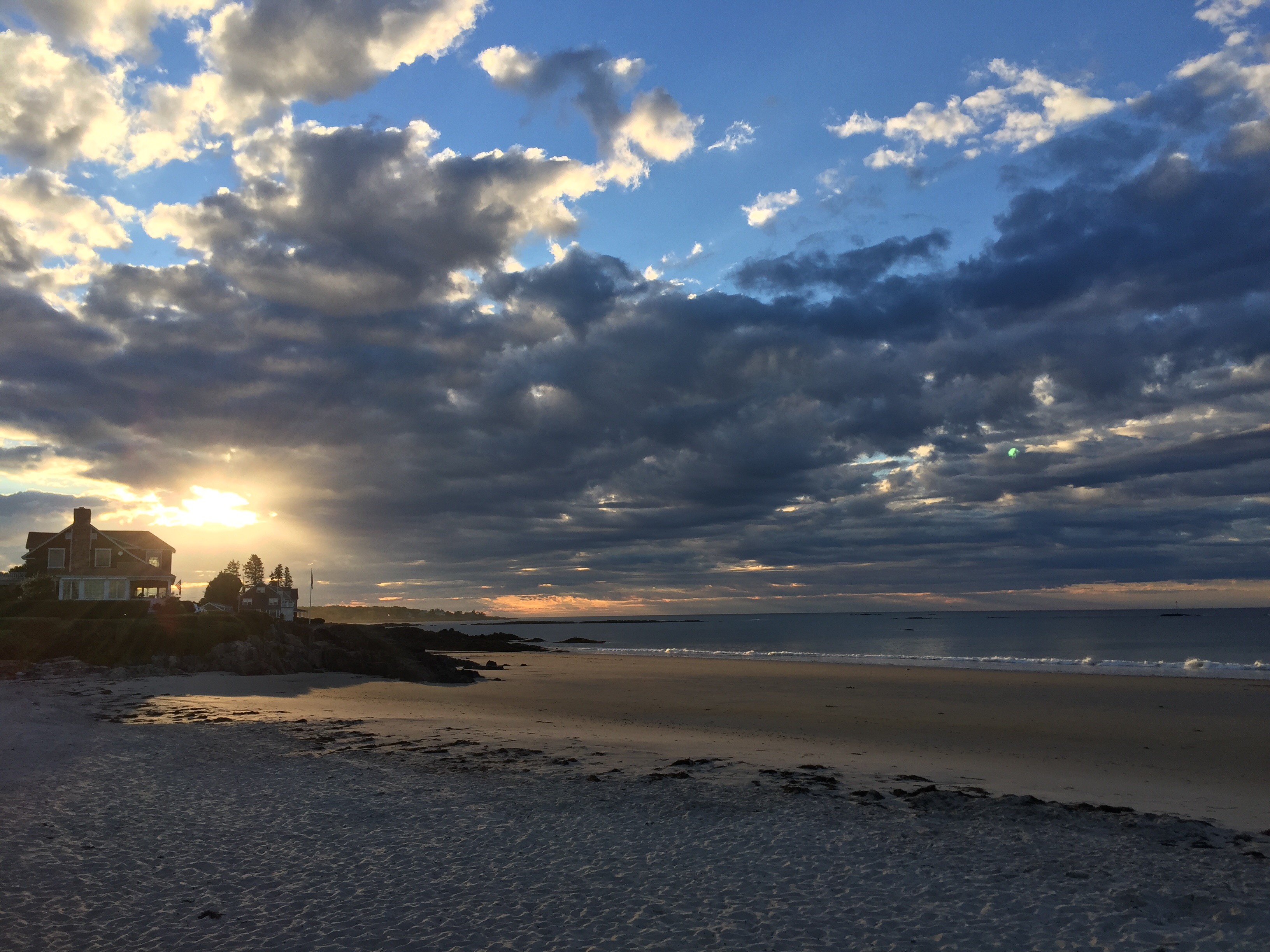Not so valuable: Kellie Leitch
A snippet from next week’s column:
Conservative leadership candidate Kellie Leitch has been talking a lot about “values.” She sent out a questionnaire to Conservative partisans about it. Here’s what it said: “Should the Canadian government screen potential immigrants for anti-Canadian values as part of its normal screening for refugees and landed immigrants?”
Leitch’s question enraged the Left side of the spectrum – and her party’s acting leader, and several Conservative caucus members, and a leadership rival. (Newspaper columnists and editorial boards, too.) They were all super outraged.
That’s what Leitch wanted, of course: attention. Your average Canadian voter couldn’t pick her out of a two-person police line-up. So she and her smart circle of advisors did something to get noticed, and to get pointy-headed progressive intellectuals – who the conservative base deeply detest – to commence the gnashing of teeth and rending of garments. It worked, big time.
While everyone was running around being outraged, however, no one bothered to ask any practical questions. Here’s one: how would Prime Minister Leitch’s policy actually work, in the real world? At some future border crossing, would a courteous CBSA officer lean across the counter and say: “Welcome to Canada. Are your values Canadian, or Islamic State-ish? Planning on blowing anything up? Got an tobacco or alcohol to declare? No? Well, have a good day and welcome!”
Leitch’s stunt was just that: a stunt. She’s a doctor, and she’s not particularly stupid. She knows that CBSA – and CSIS, and the RCMP, and (as we have recently learned, after the confrontation with that ISIS fanboy in London) the FBI and Homeland Security in the U.S. – already screen potential immigrants and refugees to Canada for their affinity for terror and extremism. So, knowing that, what was Kellie Leitch – she of the mid-election barbaric practices hotline stunt – hoping to achieve with her latest stunt, about “values?”
To get noticed, as noted. And to appeal, naturally, to the Conservative Party’s still-formidable red-necked, knuckle-dragging mouth-breather demographic.


